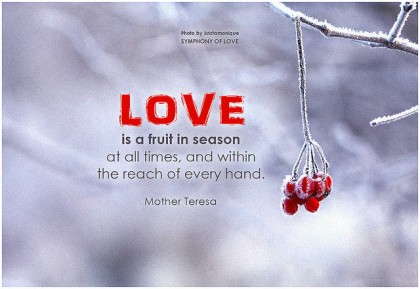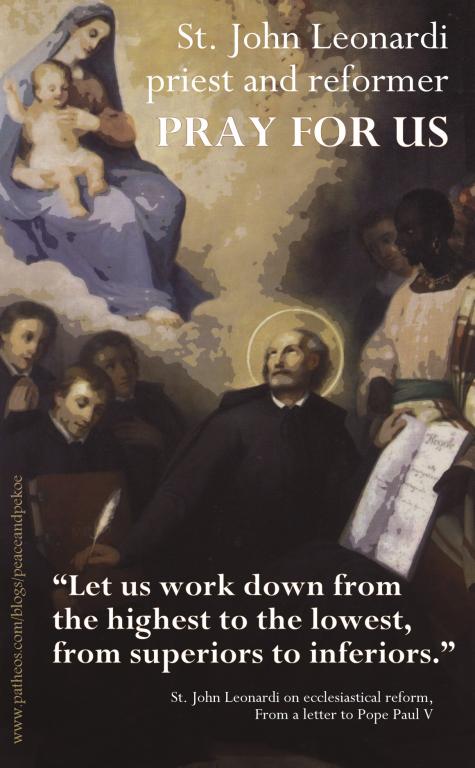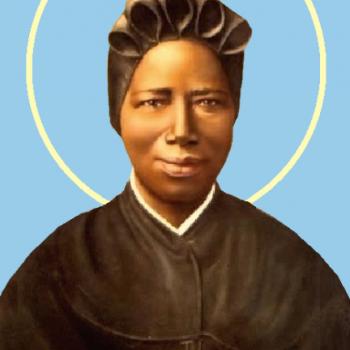
When I was a student, we called young men and women who waffled for years over the choice between religious life and the vocation of marriage the Brothers (and Sisters) of Perpetual Discernment.
These earnest young men and women were well-meant and sincere, but their lengthy state of discernment and hesitant attempts to test one path without giving up the option of the other led to more than one broken heart or frustrated vocations director.
It turns out that a sweetheart wants to be more than an “option,” and a religious calling needs to be more than a flirtation.
I don’t mean to denigrate the process of discernment. A wise gardener will put some thought into the best place to plant an apple sapling, considering the sun, the wind, the potential for pollination, the quality and depth of the soil. We all need slightly different conditions to bloom, and what is good for one may not be as good for another.
But sometimes there is no obvious best choice. There are only good choices, each good in its own way. We have to choose, and place our roots in the soil, and get on with bearing whatever fruit we can.
Sometimes we face a choice where we can sample more than one path. We can be torn between two or more good endeavours, knowing that we are only giving part of ourselves to our tasks, that we aren’t doing as much as we could.
I think women express this often when they talk about the difficulty of combining different callings–mother, homemaker, employee, wife, volunteer, etc. We say, “I feel like I’m doing too many things, and I’m not doing any of them well.”
When caught between competing tasks and roles, the temptation, I think, is often to gravitate towards the calling or the work that produces the most positive feedback–the promotion at work, the gratitude of those you serve as a volunteer, the plaudits and praise of peers.
These things seem like measures of success, and thus measures of the worth of our choices.
But what if we used a different measure altogether?

Early last week, I saw a smattering of articles marking the twentieth anniversary of the death of Princess Diana. These retrospectives were respectful and reflective, and seeing them, I started keeping my eyes open for similar pieces to mark the twenty-year anniversary of Saint Teresa of Calcutta, who had died the same week in one of those remarkable confluences that would make for great fiction if they weren’t real.
They didn’t materialize.
But maybe this is fitting for the woman who said of herself, “I do not pray for success, I ask for faithfulness.” She began her work in obscurity, and the world-wide attention it eventually attracted changed little about how she understood her task–to love Christ in a personal, concrete way through loving the person in front of her.
Saint Teresa has been criticised for not using her fame or her ability to raise donations to fund foundations and initiatives to address systemic issues. These critics allege that she failed to make a large enough difference by choosing to focus on simple acts of care towards the poor rather than working to change the world the poor live in. They judged her by the standard by which we often judge ourselves–am I making an impact? Will my actions have lasting effects? Will my accomplishments be recognized and respected by important people?
Saint Teresa of Calcutta used a different measure…
Read the rest of this essay at The Personalist Project
Doors image via Pixabay
Love quote image by BK via Flickr












